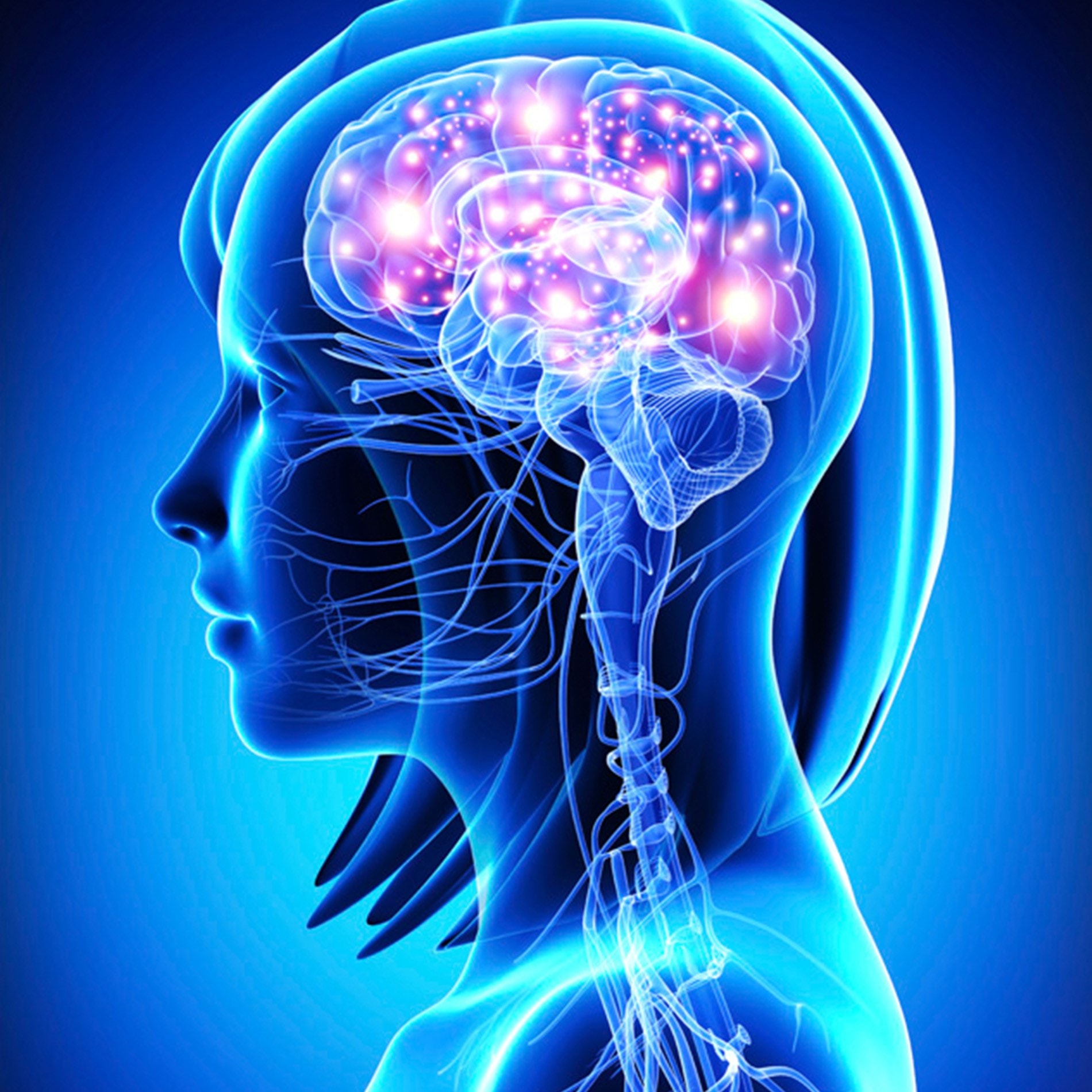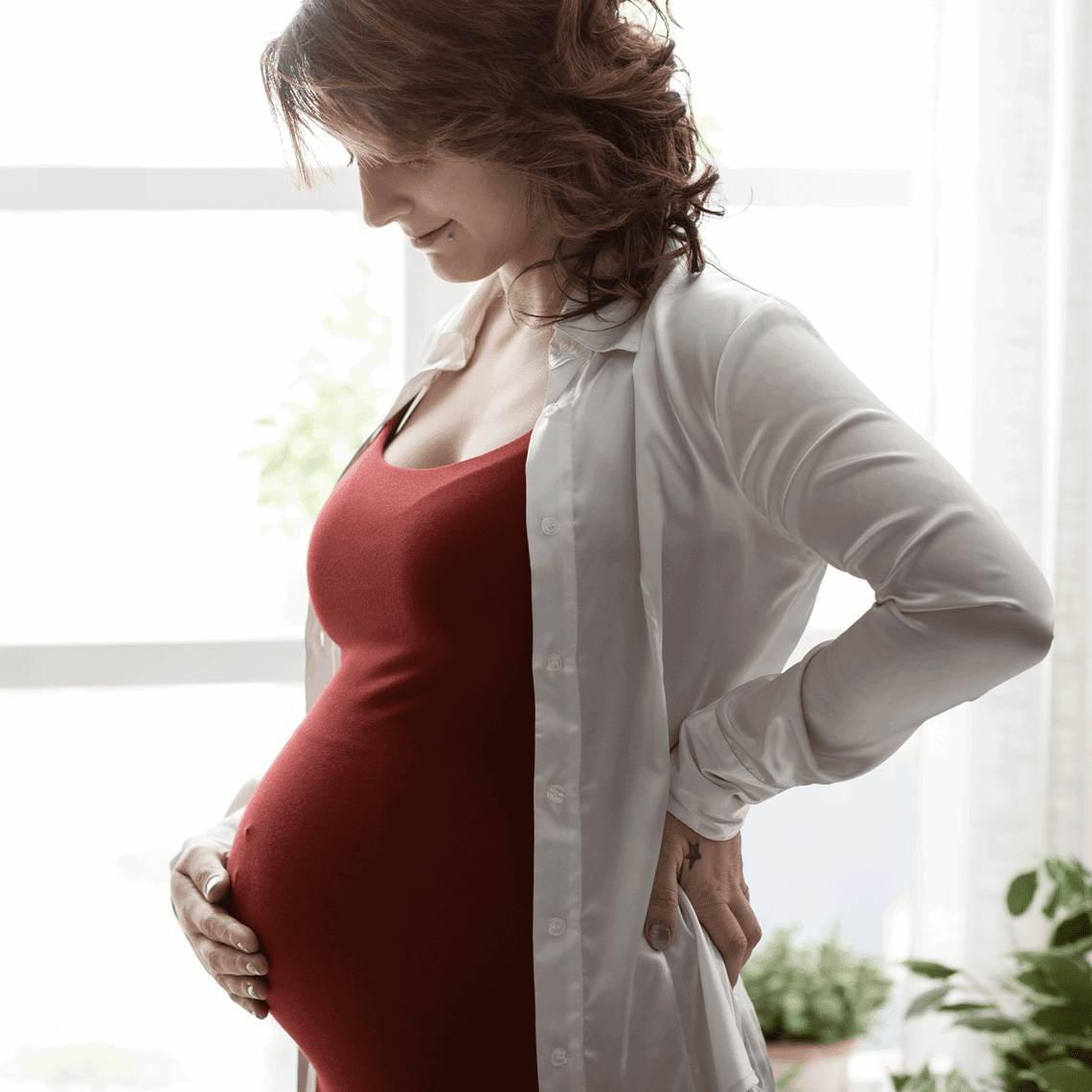Study: Probiotics for Post-Natal Depression
We're fascinated by the ‘gut-brain connection’, by which we mean the effect the health of our microbiome can have on our mood. Research has started to suggest that our gut bacteria may have a positive impact on our mental health and this week a new study1 was published in EBioMedicine, revealing that taking live cultures through pregnancy could halve the risk of post-natal depression.

Scientists in New Zealand surveyed a group of 423 women who were between 14 and 16 weeks pregnant. The group was split, half were given the probiotic Lactobacilus rhamnosus HN001, and the other half a placebo. These were taken once a day during pregnancy and for the first six months after birth.
Even the research team were surprised by the results. Participants who had taken the probiotic returned significantly lower depression and anxiety scores, and rates of clinically relevant anxiety were halved. The implications of these findings are massive.
As many as 10-15% of women are affected by depression or anxiety during or after pregnancy. We know too that maternal and postpartum depression has a tendency to be persistent, and can affect the wellbeing of the baby. The lead author of the study, Dr Rebecca Slykerman, recognises that:
"Safe and effective therapies to prevent and treat postnatal depression are needed."
She also acknowledges that many women do not always have access to psychological treatments or are understandably reluctant to take anti-depressants during pregnancy and whilst breastfeeding. It follows that probiotics, like Lactobacilus rhamnosus HN001, could provide a cost-effective, natural and simple alternative.
As ever, more research is needed – this is a preliminary study of its kind. But evidence is mounting that 'pychobiotics' could one day represent a significant breakthrough in the field of nutritional-psychiatry. Watch this space!
You can find the strain mentioned in this article, Lactobacillus rhamnosus HN001, in Optibac Pregnancy.
For further reading head over to Kathy's blogpost in the Probiotics Learning Lab: Psychobiotics: Just a fad? Or here to stay?
And if you're interested in learning more about the gut-brain connection, Kerry's got it covered, also over in the Probiotics Learning Lab!
References
- R.F. Slykerman, F. Hood, K. Wickens. J.M.D. Thompson, C. Barthow, R. Murohy, J. Kang, J. Rowden, P. Stone, J. Crane, T. Stanley, P. Abels, G. Purdie, R. Maude, E.A. Mitchell, 'Effect of Lactobacillus rhamnosus HN001 in Pregnancy on Postpartum Symptoms of Depression and Anxiety: A Randomised Double-blind Placebo-controlled Trial', EBioMedicine
Popular Articles
View all Mental Health articles-
Mental Health12 Feb 2024


